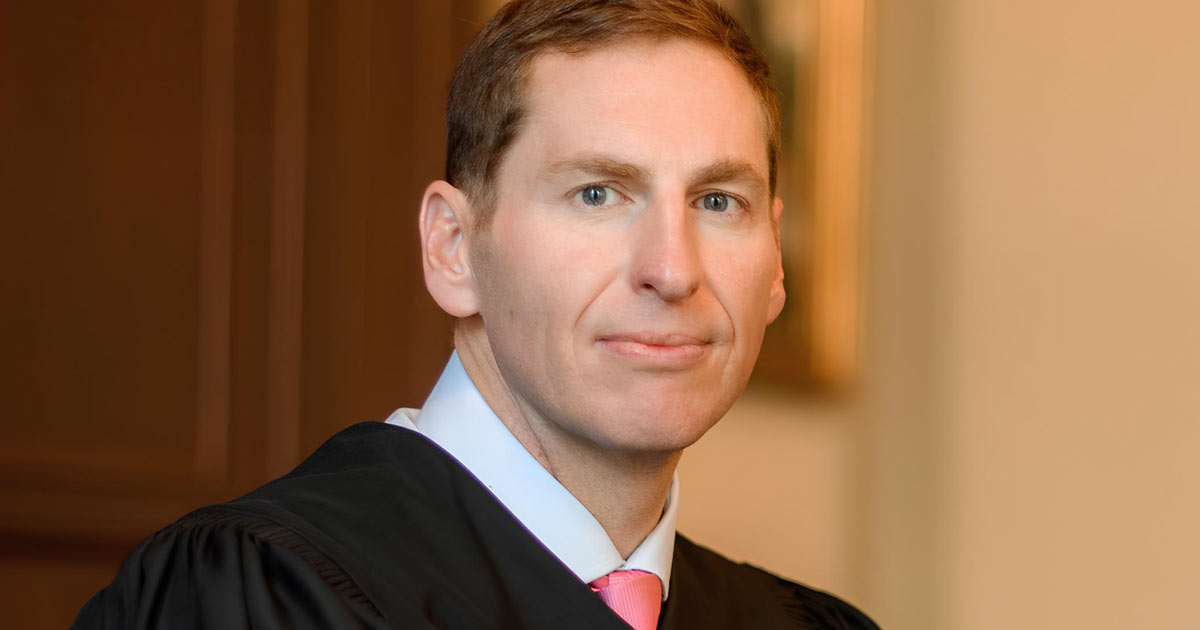NC Court Lets Challenge Nearly 65,000 Ballots
North Carolina’s election scene just got wild. The state Court of Appeals is allowing a challenge on almost 65,000 ballots from the NC Supreme Court race. That’s a huge swing in a razor-thin contest.
The 2-1 ruling comes after a long, messy battle over the results. As The Guardian reported, the fight has been brewing for months.
Republican appellate judge Jefferson Griffin, who lost by just 734 votes to Democrat Allison Riggs back in November, is now in a position to push back hard. And his new role on the Court of Appeals means his challenge carries some weight.
The majority opinion hit the issue hard. It stated, “To permit unlawful votes to be counted along with lawful ballots in contested elections effectively ‘disenfranchises’ those voters who cast legal ballots, at least where the counting of unlawful votes determines an election’s outcome,” the majority opinion said.
Griffin is calling out ballots that shouldn’t be in the mix. He says about 60,000 votes are in trouble because they lack the last four digits of a social security number or a North Carolina driver’s license number. On top of that, another 5,500 ballots came from people living abroad without the proper ID. Some of these voters, like military kids who never set foot in the state, now find themselves in hot water.
Despite these serious questions, the state board of elections shut down Griffin’s case. But now, the court’s decision forces a review of those ballots. Democrat Judge Toby Hampson wasn’t buying it. He fired off a scathing dissent, saying, “The diligent actions these voters undertook to exercise their sacred fundamental right to vote was, indeed, the same as every other similarly situated voter exercising their voting right in the very same election,” Hampson wrote.
Hampson added more, “Changing the rules by which these lawful voters took part in our electoral process after the election to discard their otherwise valid votes in an attempt to alter the outcome of only one race among many on the ballot is directly counter to law, equity, and the constitution.”
He also slammed the idea of expecting voters to fix the problem on the fly. “The proposition that a significant portion of these 61,682 voters will receive notice and timely take curative measures is a fiction that does not disguise the act of mass disenfranchisement the majority’s decision represents,” Hampson wrote.
It’s worth noting that while these ID requirements have been on the books since 2004, the state didn’t update its voting form until 2023. Even the New York Times reported that tossing votes after the fact is a first-of-its-kind move.
Legal battles over election results almost always end with courts upholding the outcome. But this time, things might change. Benjamin Ginsberg, an attorney from the Bush-Cheney 2000 campaign era, put it bluntly: “By changing the rules of the game after it’s been played to potentially disenfranchise as many as 60,000 voters, this court has gone where no court has gone before,” Ginsberg said. He added, “Until this decision, courts facing challenges to ballots cast in compliance with past practice and election administrators’ instructions had uniformly sided with the voters.”
There’s even chatter that this could wind its way to the U.S. Supreme Court. Former federal appeals judge J. Michael Luttig, a President George H.W. Bush appointee, remarked, “If the State Supreme Court affirms the lower court’s decision, that would present a federal constitutional question for consideration by the Supreme Court of the United States.”
This is a battle over voter eligibility that can’t be ignored—especially in races decided by just a few hundred votes. The stakes are high, and the decision could have major implications for how elections are run.
Republicans see this as a fight for fairness. They argue that every lawful vote should count—and unlawful ballots have no place in our elections. With this ruling, the battle lines are drawn, and the fight to uphold our voting system just got a lot more intense.


Leave a Comment